A team of innovative researchers from Bournemouth University (BU) is making waves in the sustainable energy sector through their pioneering startup project, OcenGen. Focused on green hydrogen production, OcenGen aims to develop next-generation low-cost, high-performance electrocatalysts that could drastically reduce the dependence on expensive and scarce platinum-group metals currently used in conventional water electrolysers.
This ground-breaking project has recently been selected to join Cohort 8 at Conception X, which runs the leading cross-university programme dedicated to launching and accelerating deeptech ventures created by PhD researchers.

At the core of OcenGen’s innovation is the development of advanced electrocatalytic materials using earth-abundant transition metals, designed to work efficiently under mildly alkaline and seawater conditions. This makes the technology an ideal fit for Anion Exchange Membrane (AEM) electrolysers, offering a cost-effective and scalable alternative to the Proton Exchange Membrane (PEM) systems, which heavily rely on iridium and other rare metals.
Shadeepa Karunarathne, PhD researcher at BU and founder of OcenGen, shared his excitement:“We are thrilled to be part of the Conception X journey. This marks a significant milestone in translating our laboratory research into commercial reality. Our catalyst technology has the potential to revolutionise the green hydrogen sector by reducing material costs and enabling large-scale, sustainable hydrogen generation.”
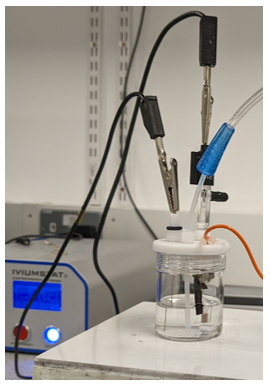
Shadeepa further added, “Our work aligns closely with the UK’s Net Zero goals by 2030 and contributes toward the transition to clean energy. By enabling hydrogen production directly from seawater without costly desalination, we also offer a more sustainable path forward for offshore and coastal applications.”
The technology developed at OcenGen leverages cutting-edge material engineering techniques, including facet engineering and orbital occupancy tuning to optimise oxygen evolution kinetics. The team is also integrating machine learning algorithms to accelerate catalyst discovery and process optimisation with fewer physical experiments.
Supporting this effort, Associate Professor Amor Abdelkader, a renowned materials scientist and Shadeepa’s PhD supervisor, who serves as a senior advisor to the project, stated:
“This is a timely and impactful innovation. The OcenGen technology demonstrates how research excellence can be translated into practical solutions to address pressing global energy challenges. I’m proud to support a project that bridges fundamental science and commercial potential so effectively.”
The core OcenGen team includes Dr. Chirag Ratwani, Co-founder and expert in 2D materials and business strategy, and Eshani Fernando, AI Scientist responsible for integrating data-driven approaches for catalyst optimisation.
The team also extended their thanks to Michael Board, Research Manager and Facilitator, for his continued encouragement and support for innovation and entrepreneurship among BU’s PhD researchers.“Michael’s leadership in fostering a startup mindset within academia is truly commendable and has been instrumental in motivating us to pursue this venture,” said Shadeepa.
OcenGen now welcomes funding opportunities and collaborative partnerships to accelerate development and commercial deployment.
Get in touch to join our mission in driving the future of green hydrogen.
Author: Shadeepa Karunarathne









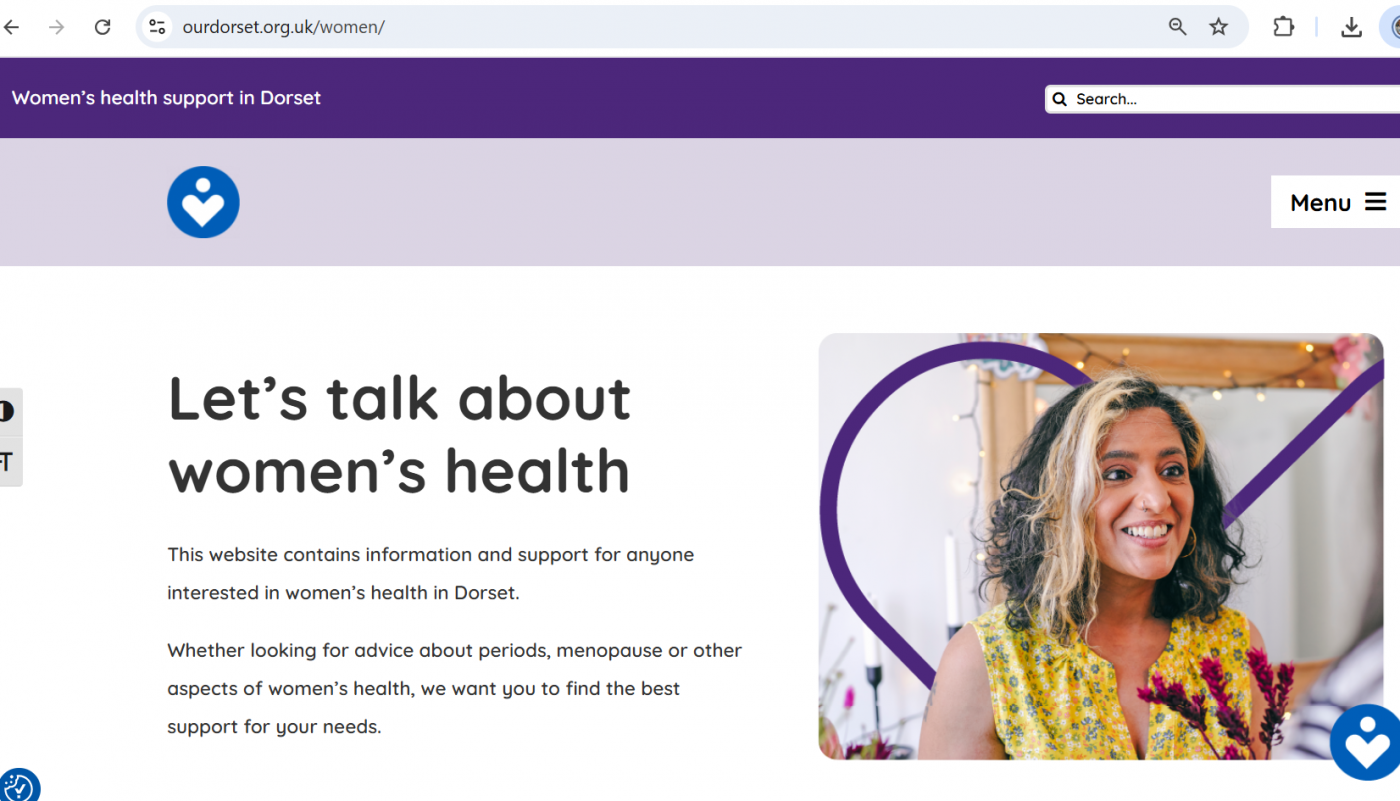

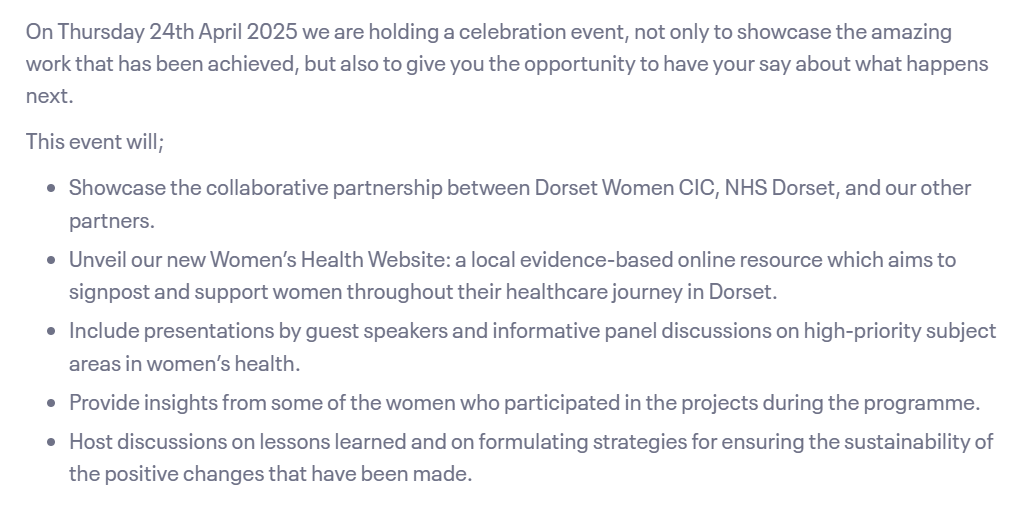





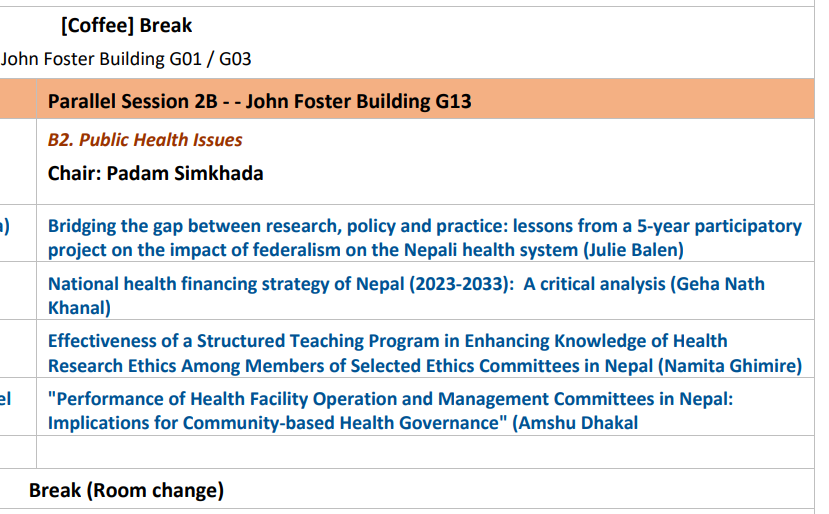




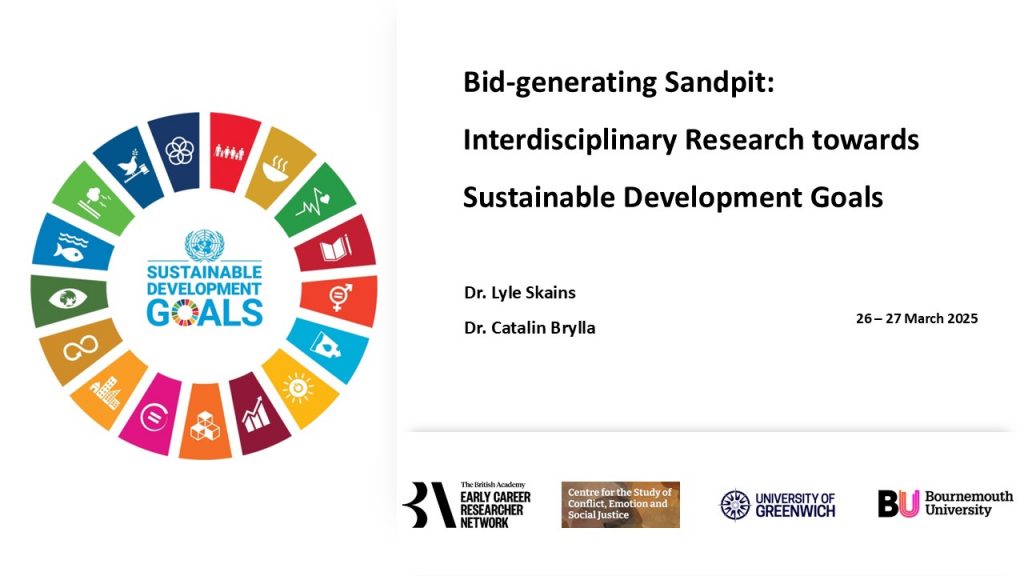
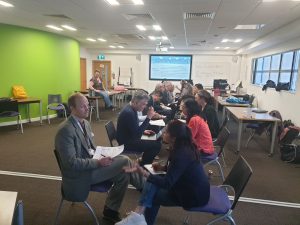
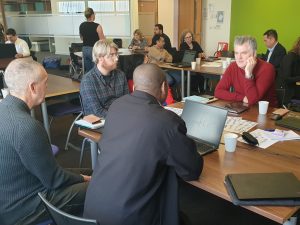
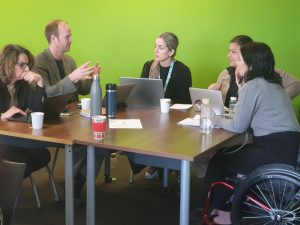
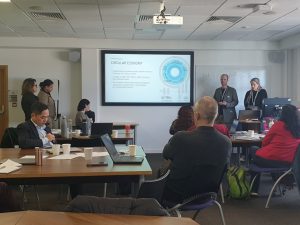
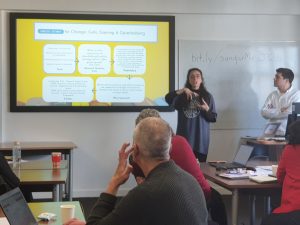
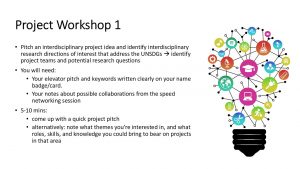
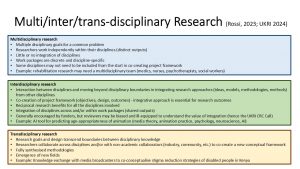



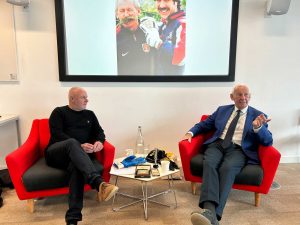
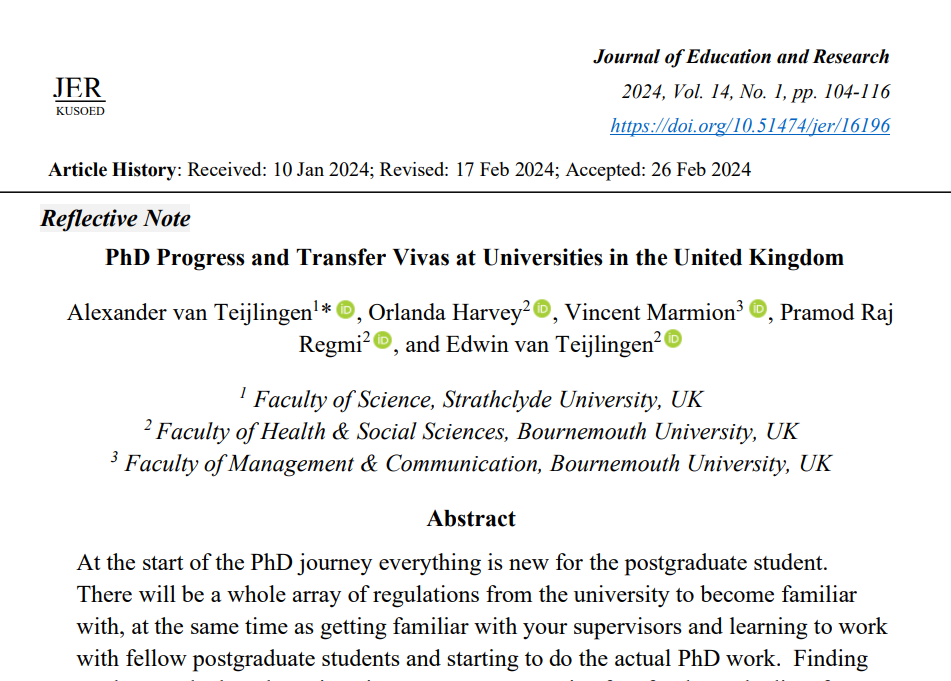

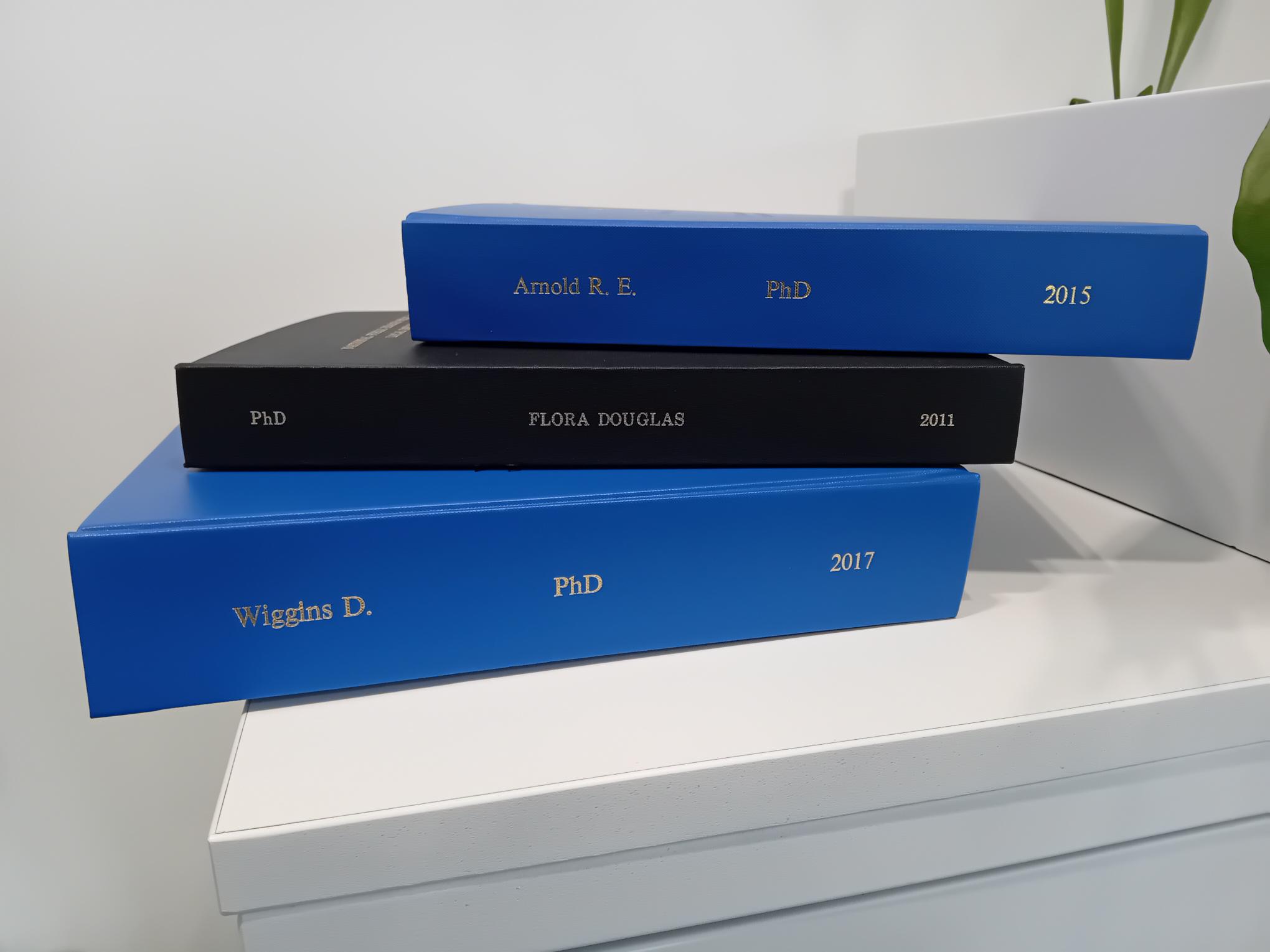


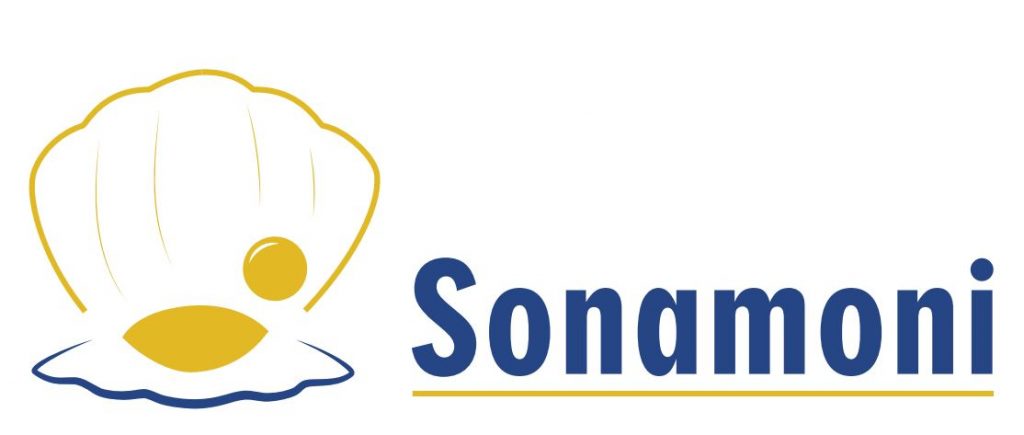
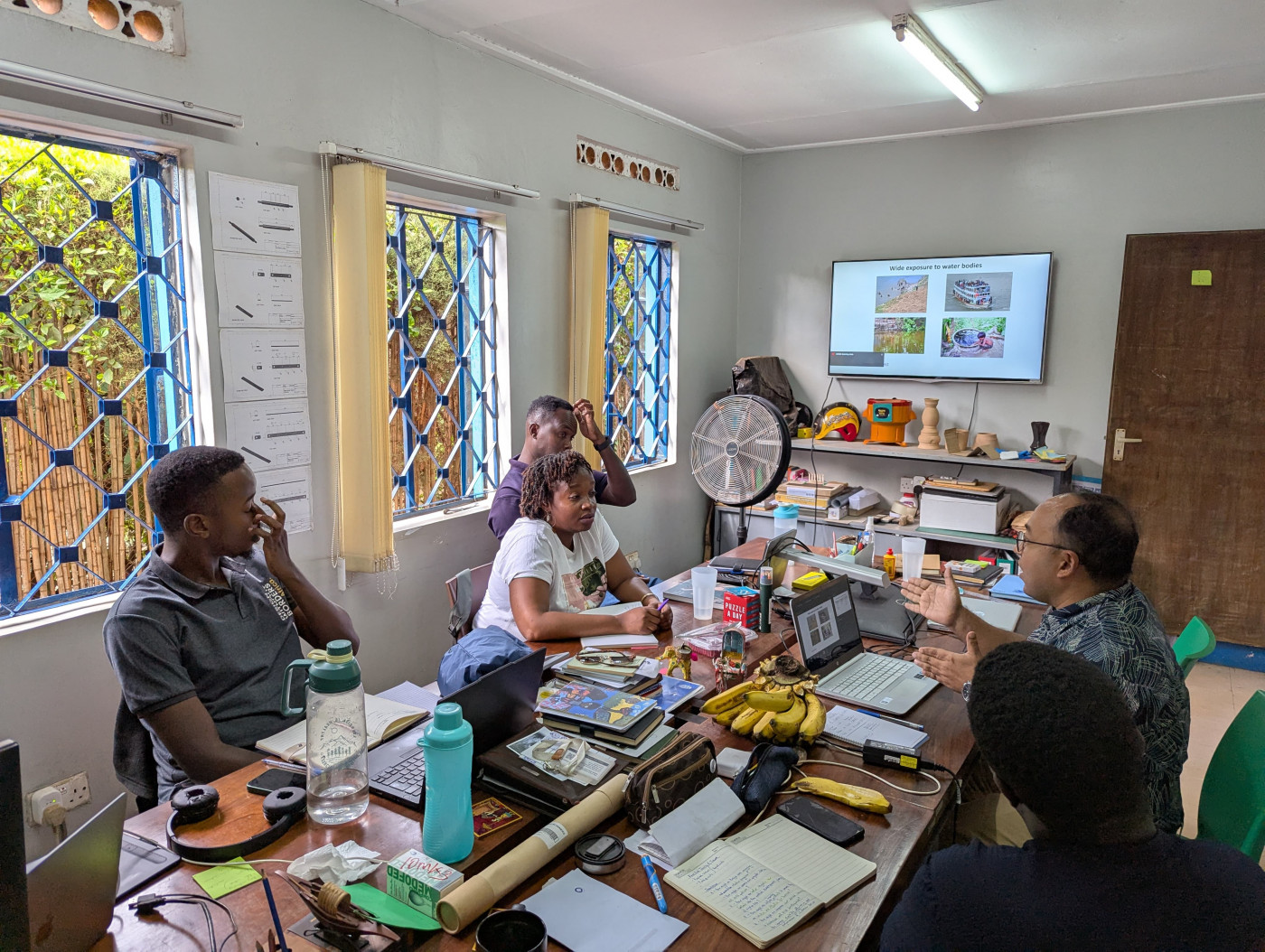


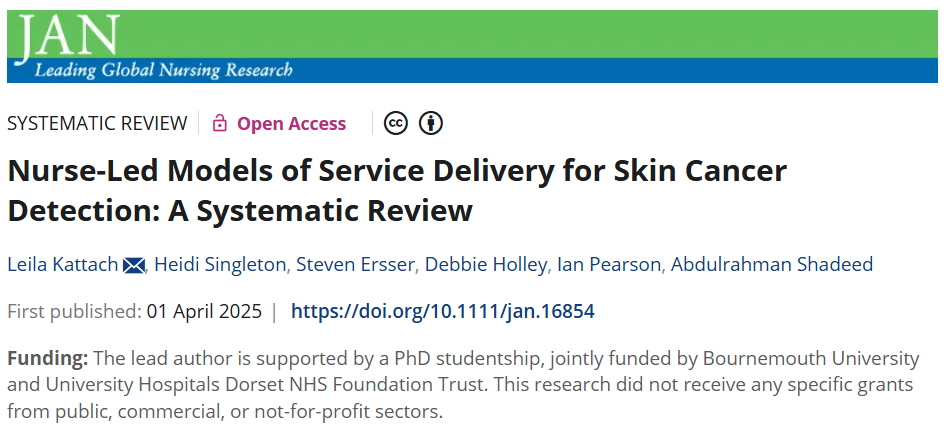












 BU attendance at third annual GCPHR meeting in June
BU attendance at third annual GCPHR meeting in June Interactive Tangible and Intangible Heritage Applications – BU student work featured in new book chapter
Interactive Tangible and Intangible Heritage Applications – BU student work featured in new book chapter Second NIHR MIHERC meeting in Bournemouth this week
Second NIHR MIHERC meeting in Bournemouth this week MSCA Postdoctoral Fellowships 2025 Call
MSCA Postdoctoral Fellowships 2025 Call ERC Advanced Grant 2025 Webinar
ERC Advanced Grant 2025 Webinar Horizon Europe Work Programme 2025 Published
Horizon Europe Work Programme 2025 Published Horizon Europe 2025 Work Programme pre-Published
Horizon Europe 2025 Work Programme pre-Published Update on UKRO services
Update on UKRO services European research project exploring use of ‘virtual twins’ to better manage metabolic associated fatty liver disease
European research project exploring use of ‘virtual twins’ to better manage metabolic associated fatty liver disease